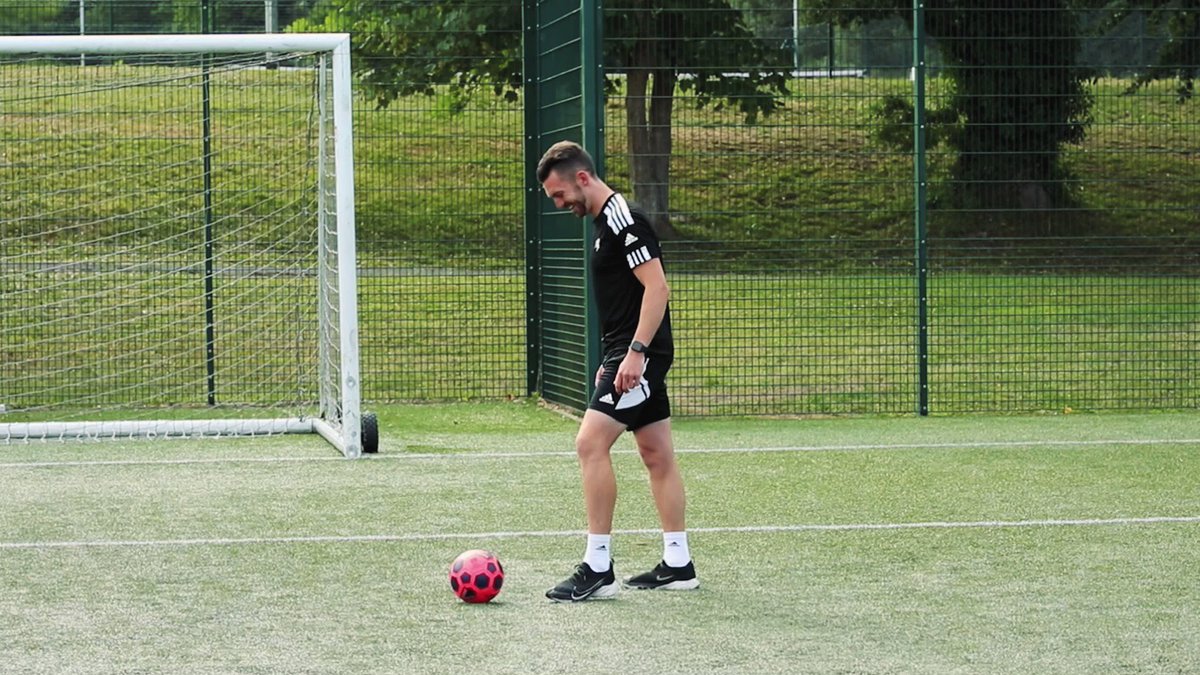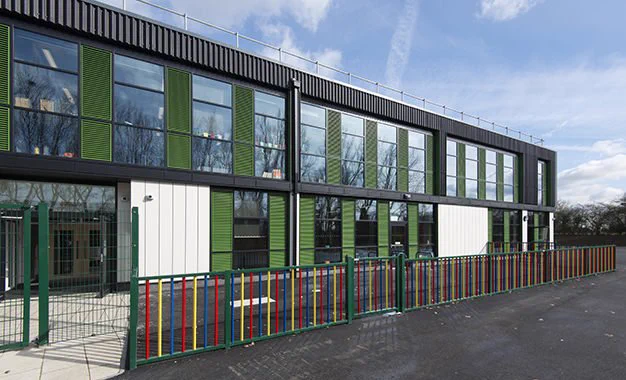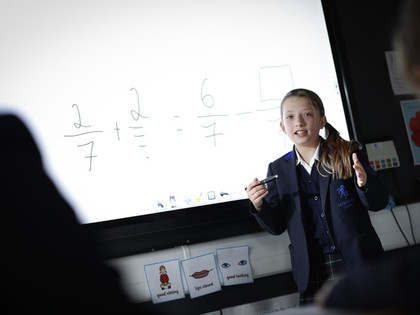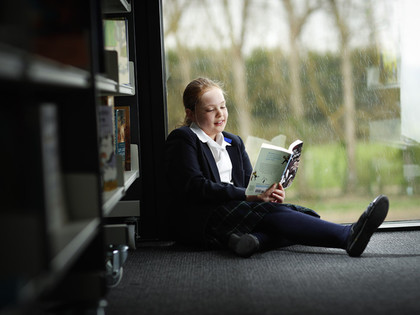Download our FREE smartphone app today!
Contextual Safeguarding
Contextual safeguarding encourages settings to consider all potential influences on children as they grow and develop.
At VIPS Leybourne Chase, we recognise the importance of making elements of our PSHE curriculum purposeful to our children’s lives. As such, there are elements of the curriculum that are a key focus for us due to local contextual issues. These areas are recognised from children’s views, comments from parents, consulting county public health profiles and crime data for the locality. The key contextual areas for our community include:
- Online Safety
- County Lines
- Prevent Duty
- Prevalence of obesity in reception age children
- Prevalence of children who are underweight in Year 6
- Road safety awareness
- Appropriate relationships
Online Safety:
As our children face the challenges of a developing technological world, our curriculum aims to equip the children at our school with the knowledge and skills to navigate an online world. Online Safety is covered both through the Computing and PSHE programmes of study to address this and we take part in Safer Internet Day annually. Children also spend time during their transition weeks with their new class teacher at the end of each academic year generating online safety rules.
Purple Mash Online Safety Curriculum
County Lines:
The Children’s Commissioner’s research has suggested that children as young as 10 were being recruited into gangs and estimated that 46,000 children in England are involved in gangs. Children aged 15 to 17 years are those most commonly identified as victims of County Lines exploitation, although those younger and older are also at risk of exploitation (National Crime Agency, 2019).
To address this, we explore with children topics such as online grooming, safety around strangers and drugs and alcohol.
Year 6 Drugs and Alcohol Learning Journey
Prevent Duty:
Published by the Government in March 2023, the South East was recognised as having a high number of Prevent Referrals being made. To support our children in raising their awareness of terms such as ‘radicalisation’ and ‘extremism’ and what this could look like. We have worked in partnership with local Prevent Education Officer, Sally Green, to educate both our staff and children on this topic.
Zak the Gamer - Year 6 lesson content
Prevalence of obesity in reception age children:
From analysis of local Public Health Data (2023), there is a higher incidence of the number of reception-aged children (4-5years) who are overweight or obese in Kent. To address this, in Reception, children cover key topics including managing their own personal hygiene and what 'making healthy choices' means.
Prevalence of children who are underweight in Year 6:
From analysis of local Public Health Data (2023), there is a higher incidence of the number of children aged 10-11 years who are underweight in Kent. As part of addressing this, discussions around healthy food choices are made throughout the PSHE curriculum. Similarly, topics such as social media influences and understanding how photos can be edited is covered in UKS2 to support children with navigating external online pressures in relation to body image.
Year 5 Learning Journey - Computer Safety and Body Image
Road Safety Awareness:
From analysis of local Public Health Data (2022), it was recognised that there were a number of recorded incidents of children being injured on Kent's roads. To address this, we have integrated aspects of road safety into the PSHE curriculum and children in Year 6 also have the opportunity to take part in Bikeability. We also conduct a 'Stay Safe Week' each year, where we have had opportunities to explore key topics such as road safety further.
Year 1 Learning Journey - Road Safety
Year 4 Learning Journey - Cycle Safety
Appropriate Relationships:
From analysis of our MyConcern (safeguarding) data, we recognised the need to address what appropriate and inappropriate relationships are. As part of this, our PSHE curriculum has a long term, overarching theme of 'relationships' where each class explored elements of safe and unsafe relationships. Concepts such as consent are addressed from Reception through to Year 6, with Year 6 exploring personal boundaries consent in different contexts.
To support us further with this, we have taken part in the NSPCC 'Speak Out, Stay Safe' programme and children in Key Stage One refer to the NSPCC Pants Rule.
Useful links:


























